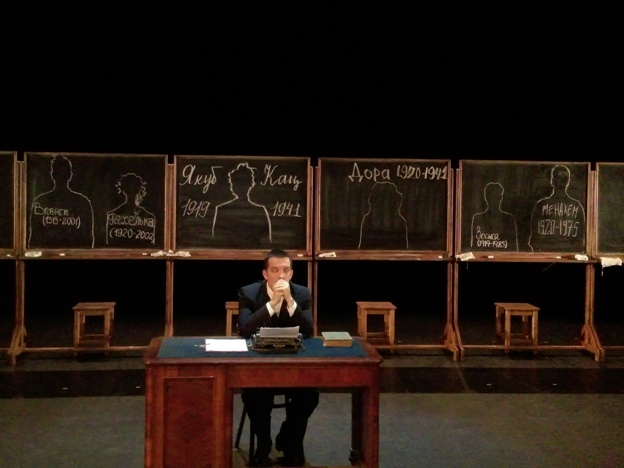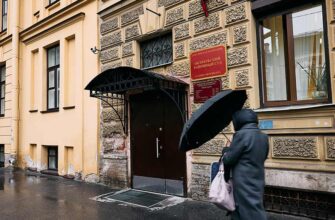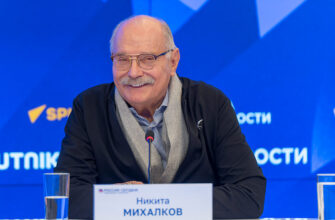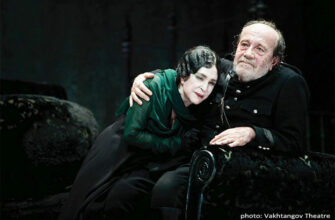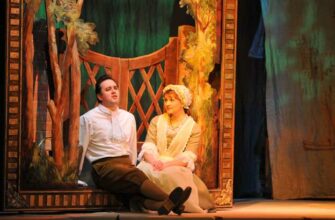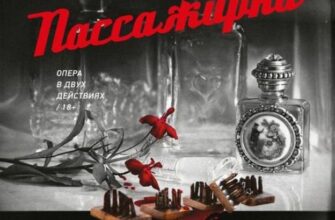On October 14, 2016 premiere of the play “Our Class. History in 14 lessons” will take place in the Vakhtangov Theater. It is based on the play of Tadeusz Słobodzianek and supported by Polish Culture Centre in Moscow. Directed by Natalia Kovaleva. It is expected that the author will attend at the premiere.
Tadeusz Słobodzianek – polish theater critic, playwright, director, producer, from 2012 CEO of Dramatic Theatre in Warsaw (Teatr Dramatyczny w Warszawie). He studied theater at the Jagiellonian University in Krakow. His debut as a playwright was held in 1980 with the play “The story of the beggar and the donkey” for Puppet theater. Materials for the play “Our Class” Słobodzianek started collecting in 2001, shortly after the disclosure of the truth about the Jewish pogrom in Jedwabne. He finished the work on the drama in 2008. In 2010 the play was awarded a major literary award in Poland – Nike.
Ten heroes of the play and events that happen with them, have real prototypes. Everything happened in a small town Jedwabne in eastern Poland. The play begins in the late 20-ies of XX century, and the fate of the characters – Polish and Jewish children from one class – can be traced down to the present day.
When you go in the hall – you can see the 8 chalk boards with the contours of human figures and birth and death dates of these people, a table and 10 stools. These are the only decorations of this performance, which perfectly complement the actors’ play and did not seem to be insufficient.
The play is divided into 14 lessons – 14 stories about the life of ten children. As they grow, change, make friends and arguing, love and hate, as they are facing difficult circumstances and make choices.
The tragic events begin with the start of the Second World War, in the play marked and war crimes, and crime scene – violence and murder. The culmination becomes Jewish pogrom of 1941, where part of the heroes of the play are killed, it divides the life of these people to before and after. Exactly after this scene intermission begins – as an additional barrier that separates crime and punishment.
It is worth noting that in the play is very little dialogue – most of it is related to each other monologues. Time flows in the play nonlinearly, dead and alive at the same time are on stage.
As director of the play Natalia Kovalyova said: “In 2000 a J. T. Gross’s book was published “Neighbors” about Jedwabne. It made a shock in Polish society, it split them into two camps: wanted and did not want to admit their guilt. For Poles it is the history of their country. But in the history of our country we have difficult pages. And it is not only the history – and today we often have to make difficult choices. For the act we are responsible ourselves. How to act so as not to drown in the late remorse? While working on the play, I often asked myself the question: “What would I have done?”. And an excuse that sounds from the heroes of the play “What could I do?” is not the answer. So for me – it is a general human history. Wherever a person trapped in the fist of the dictatorship, he ceases to be a man – he becomes a wolf, surrounded by red flags: the fear he sows evil around him and as a result can not live himself. How to jump over flags??? I think that about the difficult lessons of history is necessary to talk with people by language of the theater – because it is simple and lucid: here in front of a live person (the audience) living man (actor) for a few hours live a lifetime, showing the secret mechanisms of human destiny – communication of his past with present and future. ”
Actors’ game is soulful and brilliant, you believe it and live these lifes with them. When you look at the statement, the historical component fades into the background, you did not pay attention to the nationality or religion, you see a human life, broken and mangled.
By one important point setting is different from writing play – by Tadeusz Słobodzianek asked the director to add to one of the characters a speech, where, according to the author, shows the way how to get out of such situations: “The fate of Abraham – it is terrible, and only great faith helped him get through all this. And if we give up the faith that life has no sense.”
The play will be interesting to everyone who wants to see the history from the other side, for someone interested in strong performances with deep issues in basis.
Nearest performance execution dates: 14 and 21 October, 4, 22 and 27 November, New Stage Vakhtangov Theatre.
Source: Vakhtangov
